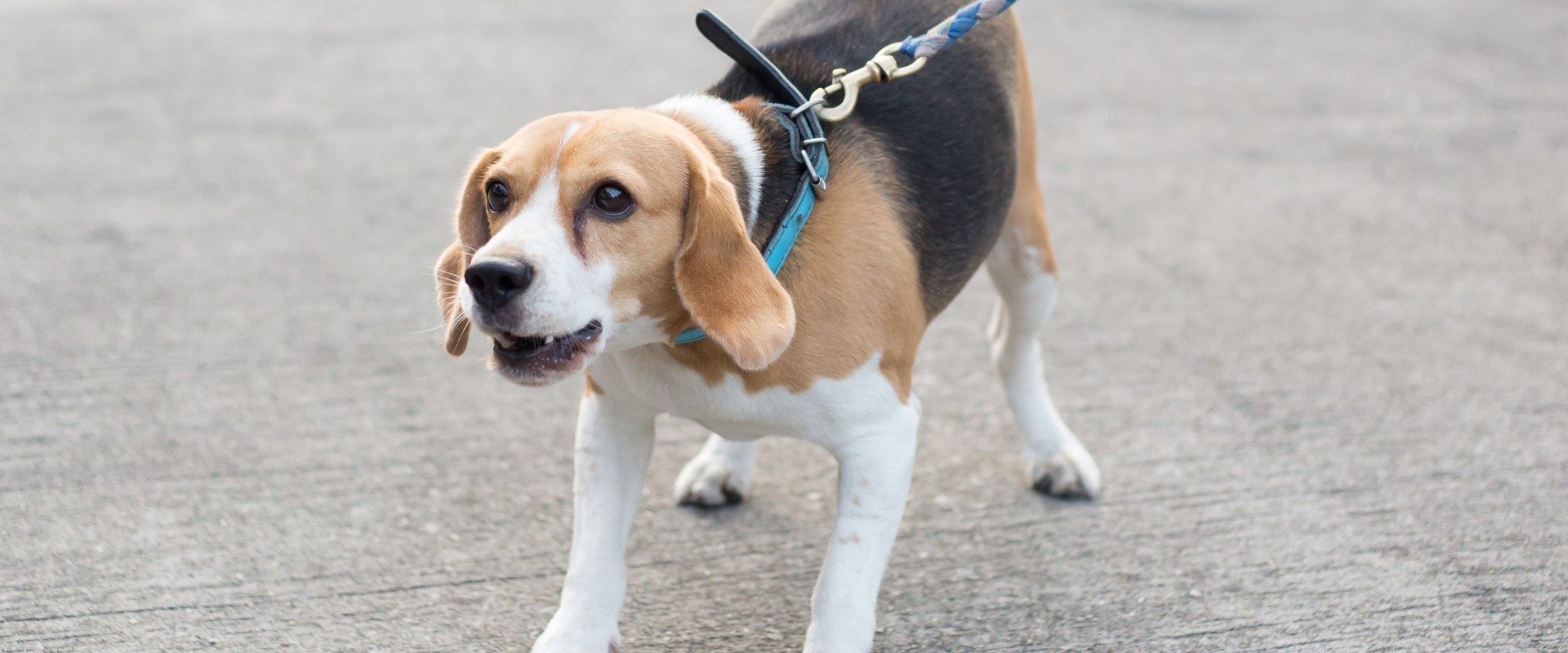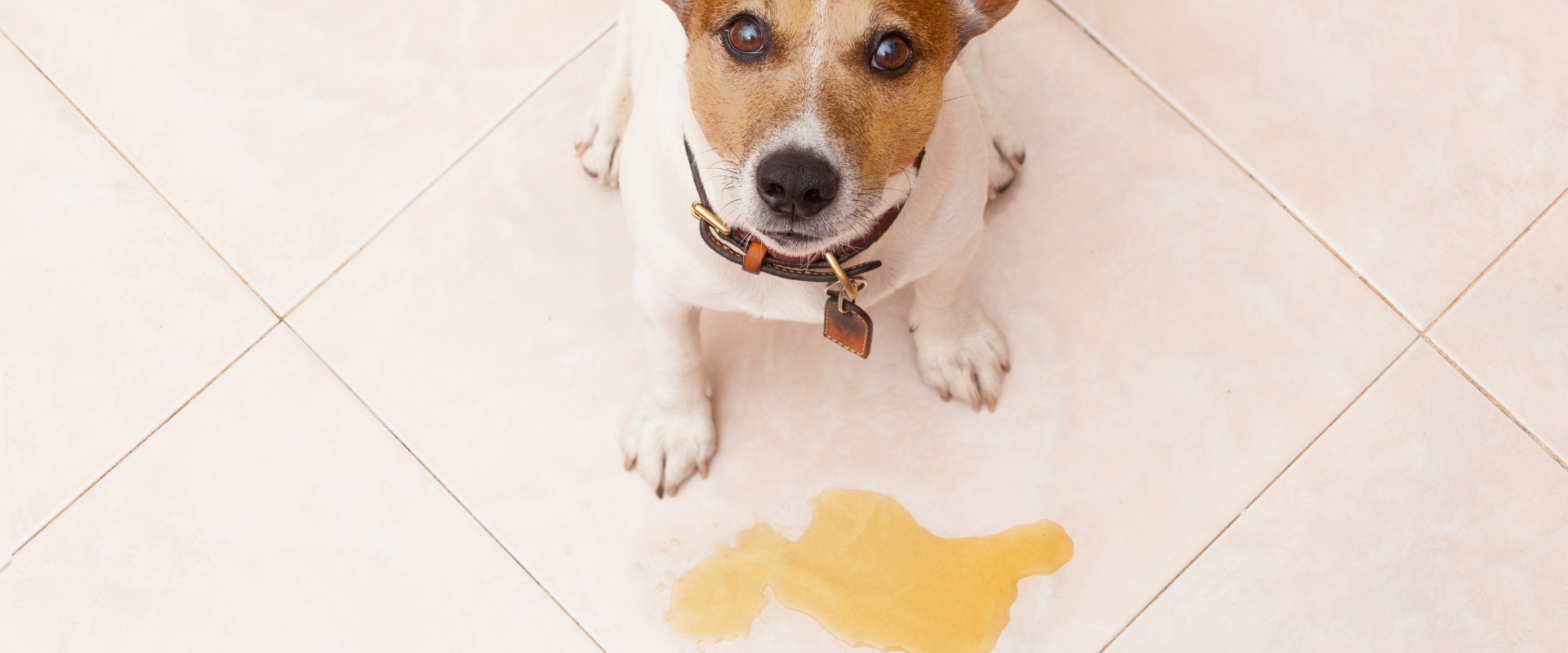Dog digging is a common behavior that many pet owners encounter, and while it might seem harmless at first, persistent digging can lead to frustration and damage to your yard. Understanding why dogs dig and how to stop this behavior is crucial for maintaining a harmonious relationship between you and your furry friend.
Why Do Dogs Dig?
Instinctive Behavior: Dogs have a natural instinct to dig. This behavior is deeply rooted in their ancestry, as wild dogs would dig to create a comfortable den for themselves and their pups. Even though domesticated dogs may not need to create a den, the instinct to dig remains.
Boredom and Lack of Stimulation: Dogs may dig out of boredom or a lack of mental and physical stimulation. If they are not provided with enough activities or toys to keep them engaged, they may resort to digging as a way to entertain themselves.
Seeking Comfort: Some dogs dig to create a cool or comfortable spot to rest. This behavior is often observed in hot weather when dogs are trying to find a cooler surface to lie on.
Hunting Instinct: Dogs may also dig as part of their hunting instinct. They might be trying to unearth small animals like moles or insects in the ground.
Hiding Possessions: Dogs may dig to bury food, toys, or other items they want to save for later. This behavior is a throwback to their wild ancestors who buried surplus food to keep it safe from scavengers.
How to Stop a Dog from Digging:
If your dog is digging, it’s important to first identify the underlying reason for the behavior. Once you know why your dog is digging, you can start to take steps to address the issue.
Here are some tips on how to stop a dog from digging:
- Provide your dog with plenty of exercise and mental stimulation. A tired dog is less likely to be bored and dig out of boredom. Make sure your dog gets at least 30 minutes of exercise per day, and provide them with plenty of toys and activities to keep them entertained.
- Train your dog to stop digging. If your dog digs when you’re not around, you can train them to stop using a variety of methods, such as positive reinforcement or distraction. When you catch your dog digging, give them a firm command to “stop” and redirect their attention to something else. If they stop digging, praise them and give them a treat. You can also try to distract your dog from digging by giving them a toy or by playing with them.
- Make your yard less appealing for digging. If your dog digs to bury food or toys, try to eliminate any potential hiding places. Fill in any existing holes and remove any piles of rocks or debris from your yard. You can also try covering your yard with a layer of mulch or gravel to make it less comfortable for your dog to dig.
- Provide your dog with a designated digging area. If your dog enjoys digging, you can provide them with a designated digging area in your yard. This will give them a place to dig without damaging the rest of your yard. Choose a spot that is sunny and well-drained, and fill it with sand or dirt. You can also add some toys or treats to the area to make it more appealing to your dog.

how to keep dogs from digging under fence
- Bury the fence: Bury the fence at least 12 inches underground to make it more difficult for your dog to dig under it.
- Attach wire mesh to the bottom of the fence: Attach wire mesh to the bottom of the fence to create a barrier that your dog can’t dig through.
- Install a dig deterrent: There are a number of dig deterrents available on the market, such as ultrasonic devices and electric mats. These deterrents can be placed along the fence line to deter your dog from digging.
- Plant shrubs or bushes along the fence line: Planting shrubs or bushes along the fence line can make it more difficult for your dog to dig under the fence and can also help to obscure their view of the outside world, which may reduce their desire to dig.
- Supervise your dog when they are outside: If you can’t supervise your dog when they are outside, keep them in a fenced-in area where they can’t dig under the fence.
Tips for preventing digging
Here are some tips for preventing digging in the first place:
- Socialize your puppy early. A well-socialized puppy is less likely to be anxious or stressed, which can lead to digging.
- Start training your puppy early. As soon as you bring your new puppy home, start training them to stop digging. Be consistent with your training and use positive reinforcement whenever possible.
- Provide your dog with plenty of exercise and mental stimulation. A tired dog is less likely to be bored and dig out of boredom.
- Supervise your dog when they are outside. If you can’t supervise your dog, keep them in a fenced-in area or in a crate.
When to seek professional help?
If you have tried all of the above tips and your dog is still digging, it may be time to seek professional help. A certified professional dog trainer or behaviorist can help you to identify the underlying reason for your dog’s digging and develop a plan to address the issue.
Additional information
Here are some additional things to keep in mind about dog digging:
- Some breeds are more prone to digging than others. Terriers and other breeds bred to hunt are particularly known for their digging instincts.
- Digging can be dangerous for dogs. Dogs can injure themselves while digging, and they can also dig their way under fences and escape.
- Digging can also be destructive to your property. Dogs can damage lawns, gardens, and other landscaping features when they dig.
If you have any concerns about your dog’s digging, be sure to talk to your veterinarian. They can help you to rule out any medical causes for the behavior and can provide you with additional advice on how to stop your dog from digging.
Conclusion:
Understanding the reasons behind your dog’s digging behavior is the first step toward effectively managing and curbing this instinctive activity. By providing adequate exercise, mental stimulation, and positive reinforcement, you can redirect your dog’s energy towards more acceptable behaviors.
Creating a designated digging area, securing the perimeter, and using deterrents can further discourage unwanted digging. Remember, patience and consistency are key when addressing any behavioral issues in your furry companion.



